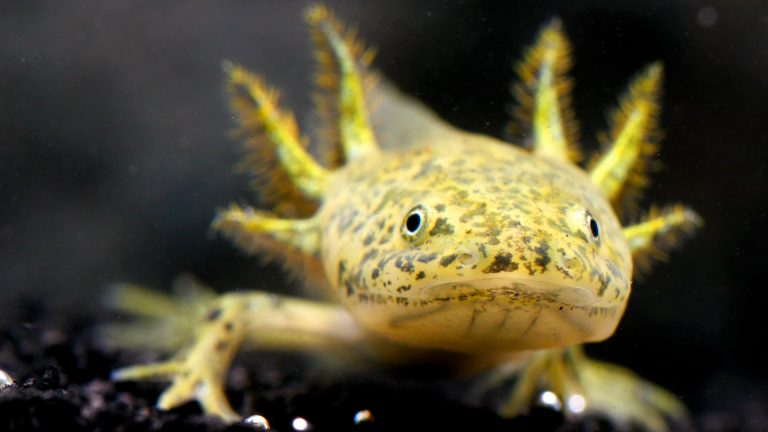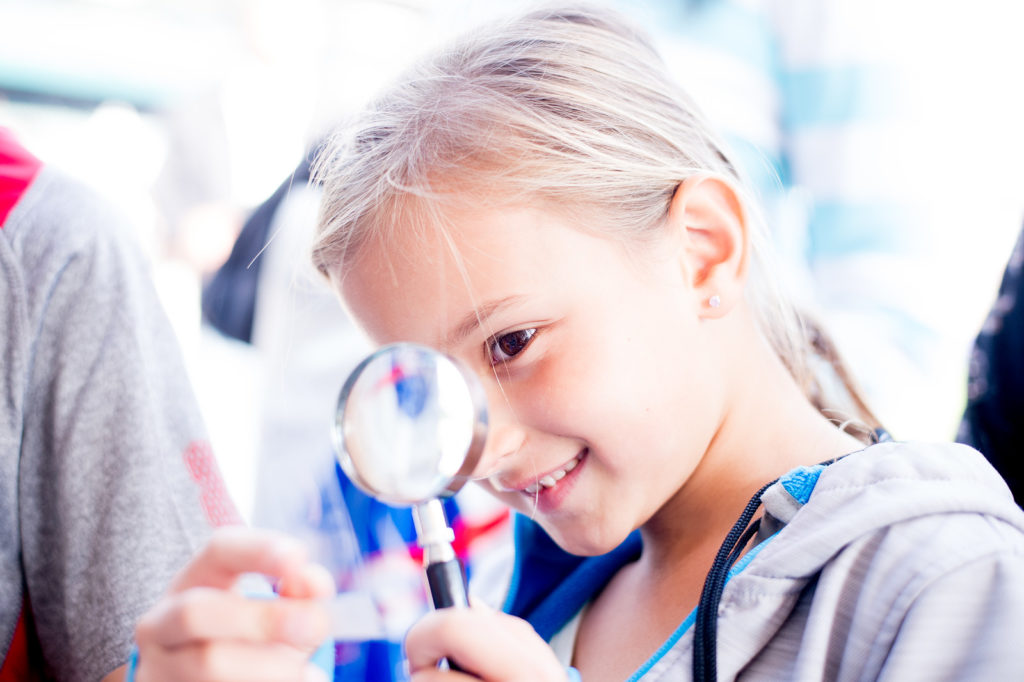What do hummingbirds and axolotls have in common? They were both revered by Mexico’s ancient civilizations and have deep symbolism that has carried over into today’s modern world. Join Deep Look, KQED’s wildlife series about small animals and plants, for a special virtual screening exploring these two very unique creatures and meet scientists who study them.
Deep Look‘s coordinating producer Gabriela Quirós will be in conversation with Víctor M. Ortega-Jiménez, a biophysicist at Georgia Institute of Technology who studies the acrobatic flight of hummingbirds. And you’ll meet Luis Zambrano González of the National Autonomous University of Mexico, who studies axolotls and specializes in zoology, restoration and urban ecology.
Please note:
This event is bilingual in Spanish and English. The videos will be narrated in English with subtitles in Spanish. Our host will be moderating the discussion, including Q&A with our experts, in both Spanish and English.
AJOLOTES Y COLIBRÍES, ANIMALITOS DE MÉXICO, CON LA SERIE DE VIDEOS DEEP LOOK
¿Qué tienen en común los colibríes y los ajolotes? Ambos fueron venerados por las antiguas civilizaciones de México y hoy en día siguen teniendo un profundo simbolismo. Únase a Deep Look, la serie sobre la vida silvestre, para una muestra virtual de videos sobre estos animales únicos y conozca a dos científicos quienes los investigan.
Víctor M. Ortega-Jiménez, biofísico del Instituto Tecnológico de Georgia, estudia el vuelo acrobático de los colibríes. Luis Zambrano González, de la Universidad Nacional Autónoma de México, estudia a las salamandras conocidas como ajolotes y se especializa en zoología y en restauración y ecología urbanas. Este evento es bilingüe en español e inglés. Los videos serán narrados en inglés con subtítulos en español. Nuestra anfitriona, la coordinadora de producción de Deep Look, Gabriela Quirós, moderará la discusión, incluidas las preguntas y respuestas con nuestros expertos, tanto en español como en inglés.
El evento es presentado por KQED, el canal de medios públicos de San Francisco, California.


